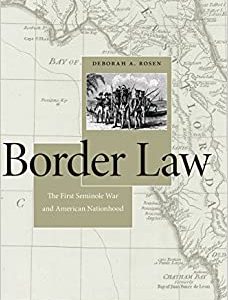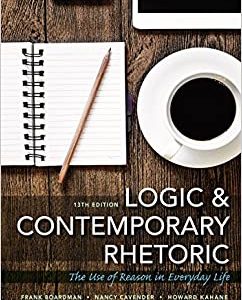Unlike similar texts, this book first gives separate descriptions of the various algebras and then explains how they are combined to define the field of geometric algebra. It starts with 3D Euclidean geometry along with discussions as to how the descriptions of geometry could be altered if using a non-orthogonal (oblique) coordinate system. The text focuses on Hamilton?s quaternion algebra, Grassmann?s outer product algebra, and Clifford algebra that underlies the mathematical structure of geometric algebra. It also presents points and lines in 3D as objects in 4D in the projective geometry framework; explores conformal geometry in 5D, which is the main ingredient of geometric algebra; and delves into the mathematical analysis of camera imaging geometry involving circles and spheres.
With useful historical notes and exercises, this book gives readers insight into the mathematical theories behind complicated geometric computations. It helps readers understand the foundation of today?s geometric algebra.











